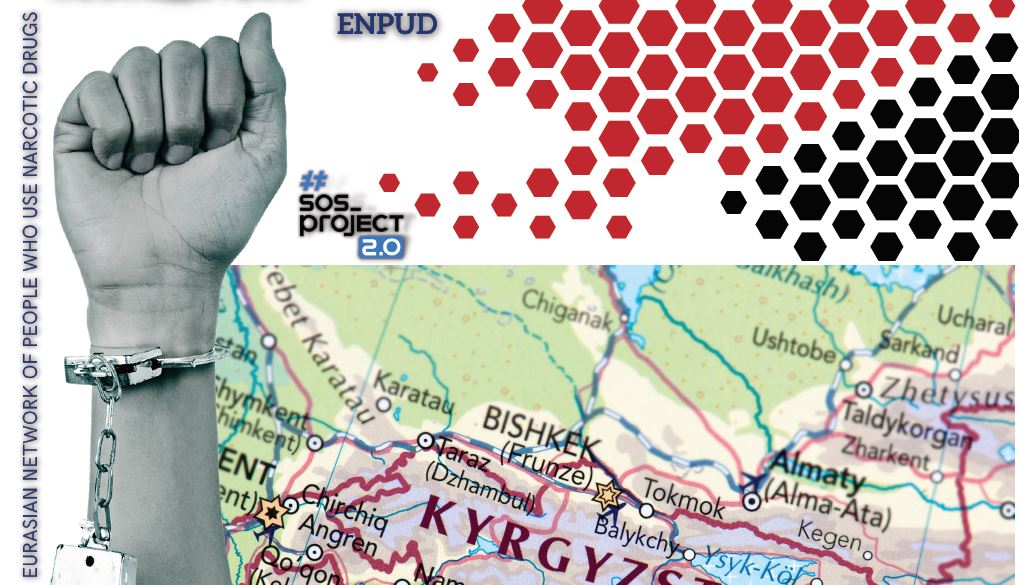In 2023, ENPUD’s Expert Council on Drug Policy began documenting strategic cases among people who inject drugs in Eastern Europe and Central Asia. In Kyrgyzstan, 7 strategic cases were documented. Based on the collected evidence, ENPUD experts prepared an analytical document on drug policy trends in the country.
In Kyrgyzstan, as in many other countries, the problem of repressive drug policy remains one of the serious social and public problems. However, against the background of the fight against illicit drugs, some cases raise doubts about the legality of the actions of law enforcement agencies. In recent years, cases of people who use drugs or have a history of drug use being subjected to arbitrary treatment by police officers have become increasingly common, raising serious questions about the legality and fairness of such actions.
fairness of such actions.
For many years, police officers have portrayed people with drug problems as criminals and dangerous subhumans, dehumanizing them and creating stigma and discrimination. This practice was intended to deprive civil society of the grounds for defending the rights of such people. Instead of following its true purpose of protecting the property, health, and social well-being of all citizens,
including those who have encountered drugs, the police sometimes carried out actions that violated their rights.
Drug control agencies in Kyrgyzstan have long used practices that violate the rights of people who use drugs or have a history of drug use. This included planting drugs, extortion, and corruption. Such police behavior created additional hardship for those who were already in difficult situations.


